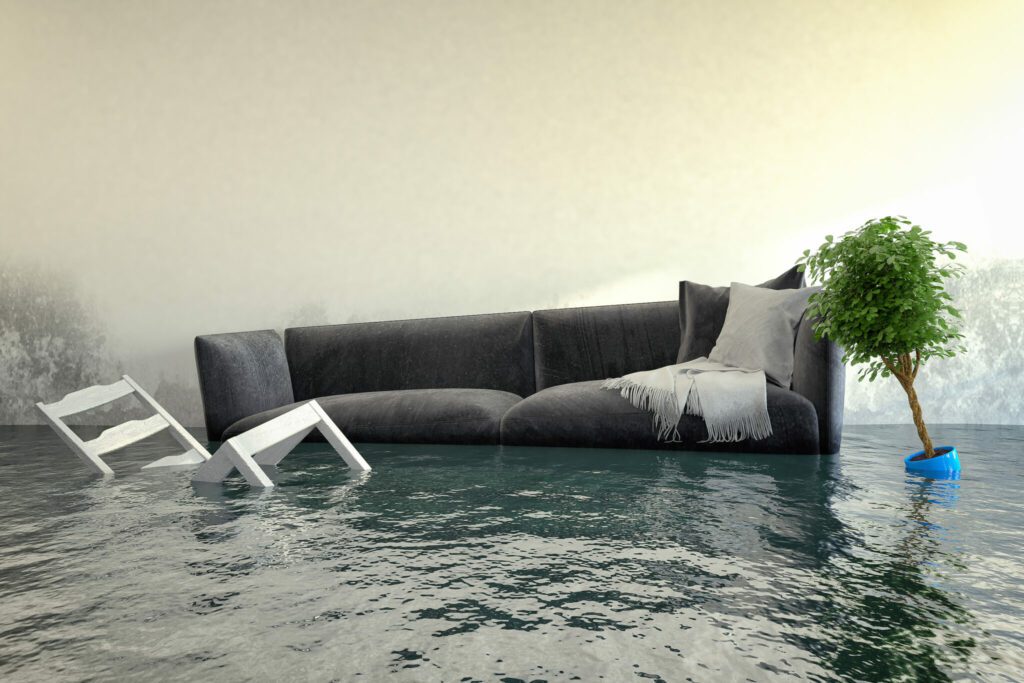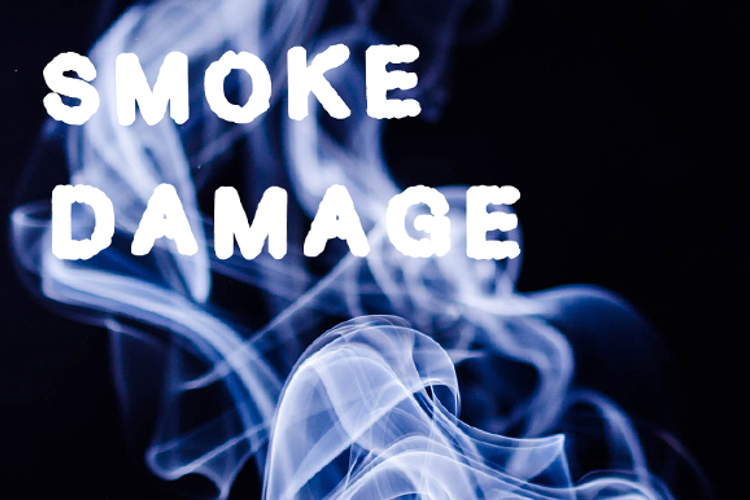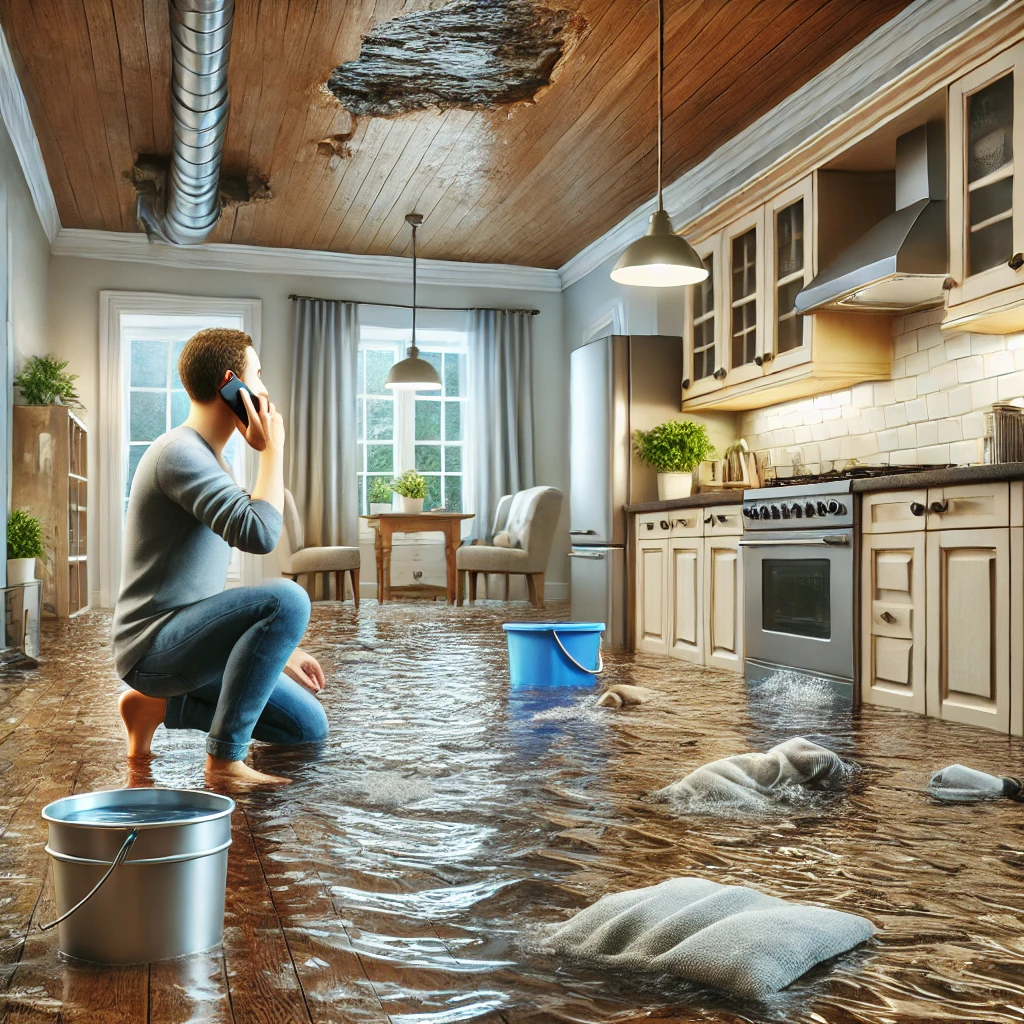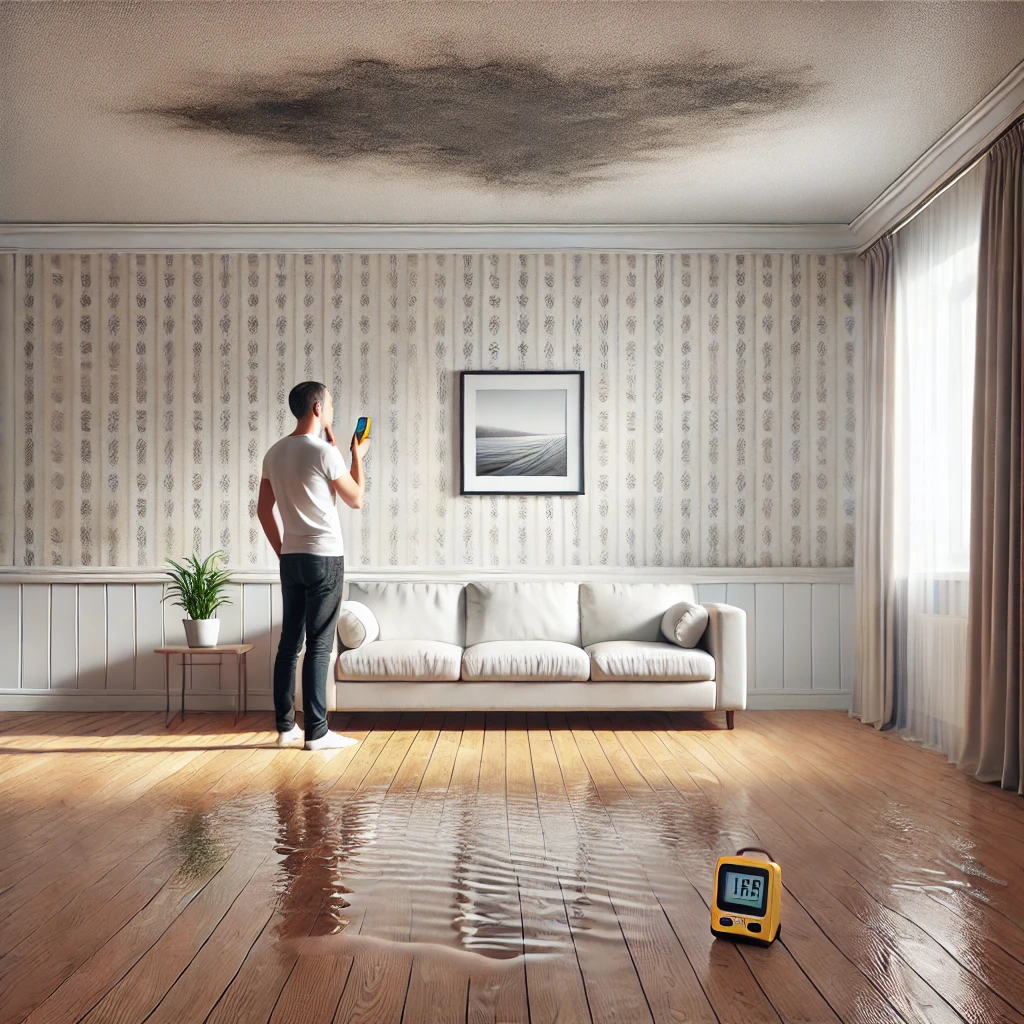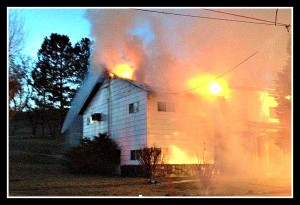 Electrical Fires in Your Home Can Be Prevented
Electrical Fires in Your Home Can Be Prevented
Understanding and being aware of the risks that increase your chances of experiencing an electrical fire is the first step toward preventing electrical fires. By identifying and eliminating or reducing the risk of an electrical fire, you can greatly reduce your chances of an electrical fire.
Families today are using more electronic powered items than ever before. What you many not realize is that by powering so many things at once, you may also be putting yourself and your home at risk of an electrical fire.
Homes built more than 40 years ago are at the greatest risk, as the designers of those homes simply couldn’t fathom the massive amounts of electricity required today. Even new homes, under the right circumstances, can experience an electrical fire.
Only Approved Appliances and Extension Cords Should Be Used
Check all your appliances, big and small, to ensure they were tested and approved by the Underwriters Laboratories. Using poorly designed or even unsafe electrical appliances increases your risk of an electrical fire. Never purchase knock-offs of a popular brand, as these are probably not safe or inspected for safety.
You should also check your extension cords and power strips to ensure they are certified, working properly, and free of any damage. Extension cords, especially those used often or for long periods, can easily get damaged by furniture, pets, or repeated use. Replace any damaged cords, and invest in quality products to reduce your risk of electrical fire.
Your Home’s Wiring Might Need a Checkup
If you home was built more than 20 years ago, it simply wasn’t designed for the electronic payload necessary to run all of today’s electrics. Additionally, the average lifespan of an electrical system is about 30 to 40 years. But if your home was built in the 60s or 70s it may have aluminum wiring that is more prone to issues and corrodes more quickly than the standard copper wiring used today. If your home and electrical system is even older, you may not even have grounded outlets available and your risk of faulty wiring is significantly higher.
A few signs that you may need to have a professional electrician inspect your wiring include circuit breakers that trip easily and frequently or blown fuses, an over-reliance on extension cords, or discolored wall outlets. You may also notice the smell of burning plastic from appliances.
Check Damage to Wiring and Cords
Electrical cords should not be run under rugs or covered by furniture, as this can cause unnecessary wear on the cord housing and can lead to a fire. Damaged cords can produce sparks that can lead to a fire. Take care not to damage any electrical wiring when hanging or installing items on your walls, as this can cause extensive damage as well.
Cords should be kept away from children and pets, but should be stored safely. Pets can chew on and damage cords, which children may unexpectedly pull on a cord and topple an appliance. Unplug appliances when they are not in use, and inspect cords regularly for damage.
More Tips to Preventing Electrical Fires
Take note of any signs of a potential problem such as frequently tripped circuit breakers or blown fuses. Also, if any of your outlets appear discolored, or there is a distinct burning odor anywhere in your home, you should contact a licensed electrician to inspect your home.
Regardless of the age of your home, electrical fires pose a real risk. Play it safe and never use appliances with damaged cords or damaged extension cords. Use only appliances that have been inspected and tested to be safe, and unplug appliances when not in use.
While electrical fires and other types of fires are not 100 percent preventable, you can reduce your risk. Be aware of any issues, and don’t put off fixing any problems. Do all that you can to prevent fires in your home.

